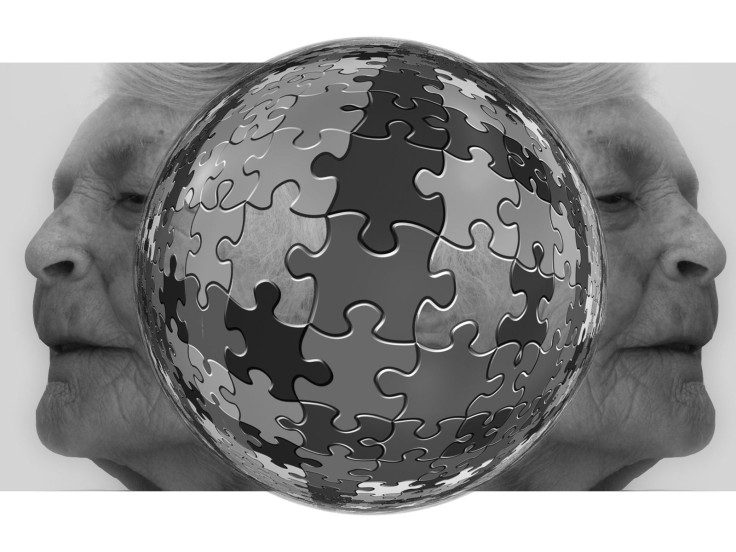Personalized Brain Games May Stop The Brain From Shrinking With Age

Growing old grants humans the opportunity to experience life in great lengths; however, the brain and body naturally decline in response to longevity. A new body of research, published in the Journal of Prevention of Alzheimer’s Disease, demonstrates how humans might be able to stop this from happening through tailor-made brain training. not only could personalized brain games halt cognitive decline but it could reverse the consequences of aging altogether.
"I remember being stunned to realize you can get a healthy brain and grow it bigger with certain interventions," the study’s co-author Majid Fotuhi, the medical director of NeuroGrow Brain Fitness Center in Virginia, told Time. "Then I thought, if we grow it, we can make up for the shrinkage that happens to our brain throughout life." For years, Fotuhi’s research focused on how the brain loses mass in response to healthy aging. This motivated him and his colleagues to find interventions that could possibly slow or reverse some of that loss later in life.
They recruited 127 adults who were the average age of 70 and had mild cognitive impairment, a condition believed to increase risk for Alzheimer’s disease. Over an 18-month period, researchers scanned everyone’s brains with a magnetic resonance imaging (MRI) machine and measured their cognitive strengths and weaknesses with standardized tests. The latter included tests for short- and long-term memory, calculation, problem solving, and navigation skills.
Next, researchers put participants through three months of intensive brain training. During this time, participants learned how to meditate; were placed on the Mediterranean diet to reap the benefits of omega-3 fatty acids (brain food); were taught how to reduce stress and improve their sleep; as well as participate in cognitive behavioral therapy and engage in brain games.
"We targeted everything at once," Fotuhi said. "It was like boot camp for our elderly patients."
In the end, patients showed an 84 percent increase in three out of 10 areas of cognitive function, revealing the power of tailored brain training and games. Nine of the patients had a 1 percent growth in their hippocampus, a brain region that’s responsible for long-term memory storage. When the hippocampus reaches a 3 percent growth, it’s equivalent to reversing damage by six years.
According to the National Institute on Aging, certain areas of the brain shrink, especially in the prefrontal cortex and the hippocampus — brain regions associated with learning, memory, planning, and other complex cognitive functions.
Fotuhi said because the brain has a natural ability to grow at any age, doctors should raise their expectations for improving cognition in their elderly patients. He also points out that it’s a lot less expensive to take the time to test and tailor brain fitness programs to patients and study their progress through neurofeedback than it is to send them into a nursing home. The numerical age of a person, Fotuhi said, should not dictate the brain's ability to grow and improve. Instead, it should depend upon the individual’s efforts to train their brain back to a healthier cognitive state.
Source: Raji Ca, Fotuhi M, Lubinski B, Hausterman N, Riloff T, and Hadadi M. A Personalized 12-Week “Brain Fitness Program” For Improving Cognitive Function And Increasing The Volume Of Hippocampus In Elderly With Mild Cognitive Impairment. Journal of Prevention of Alzheimer’s Disease. 2016.



























